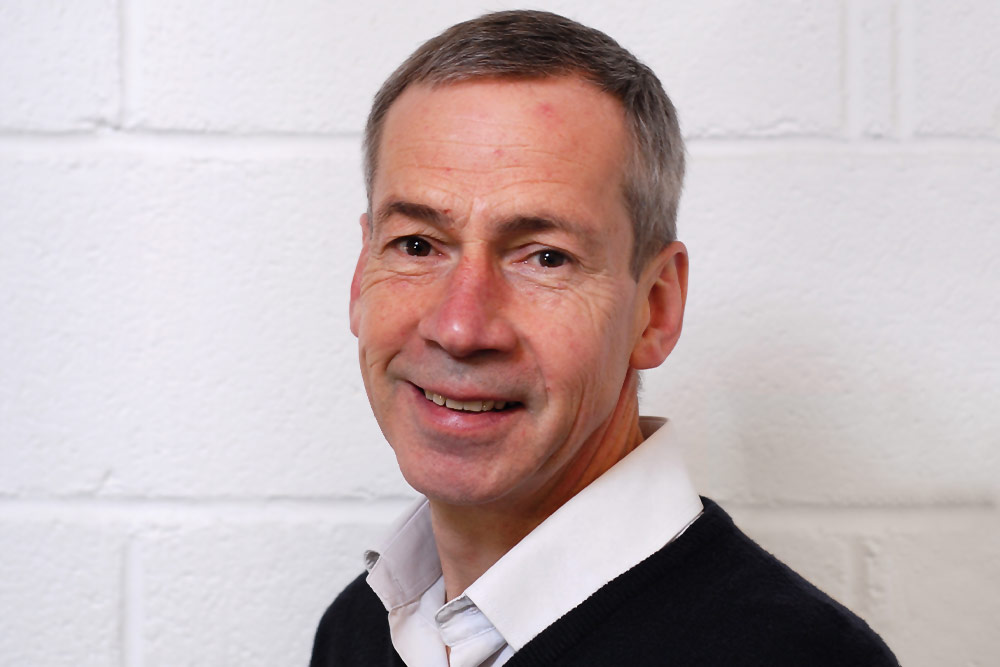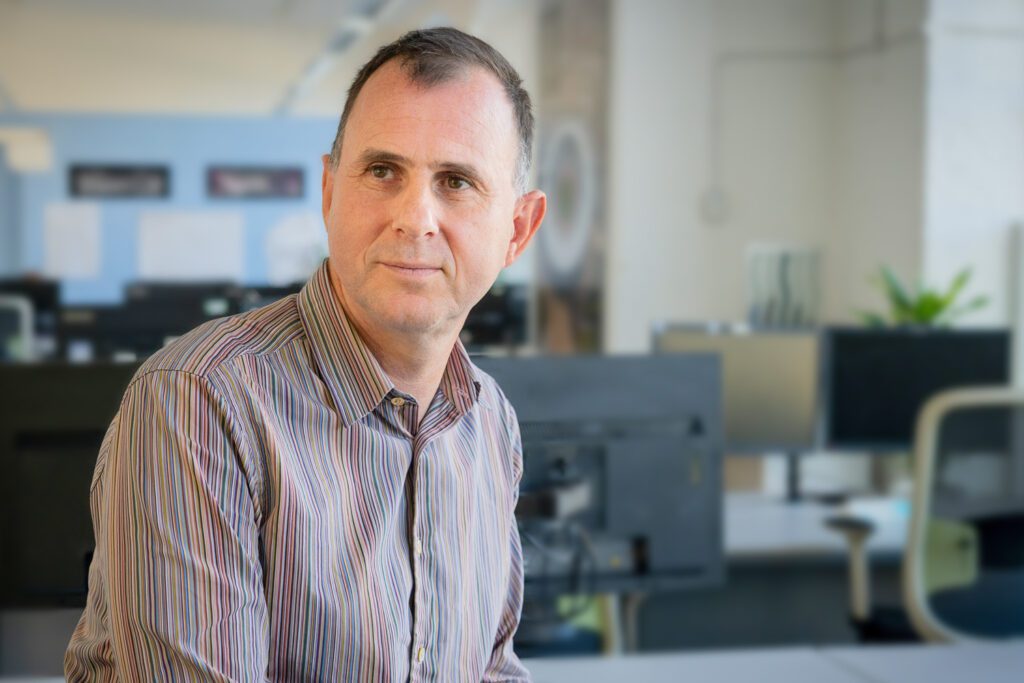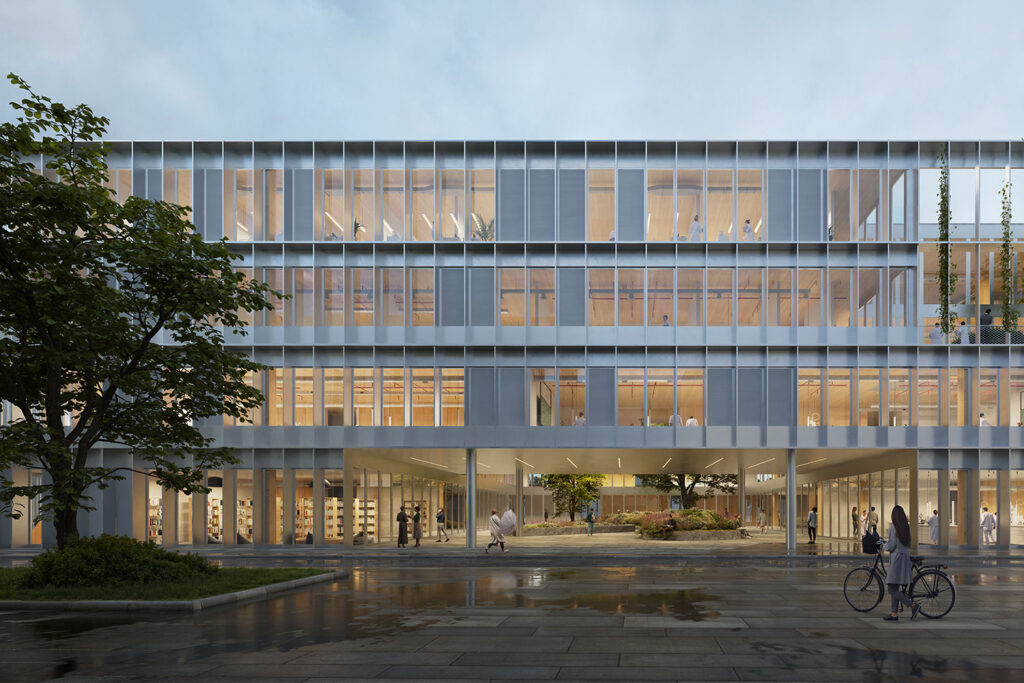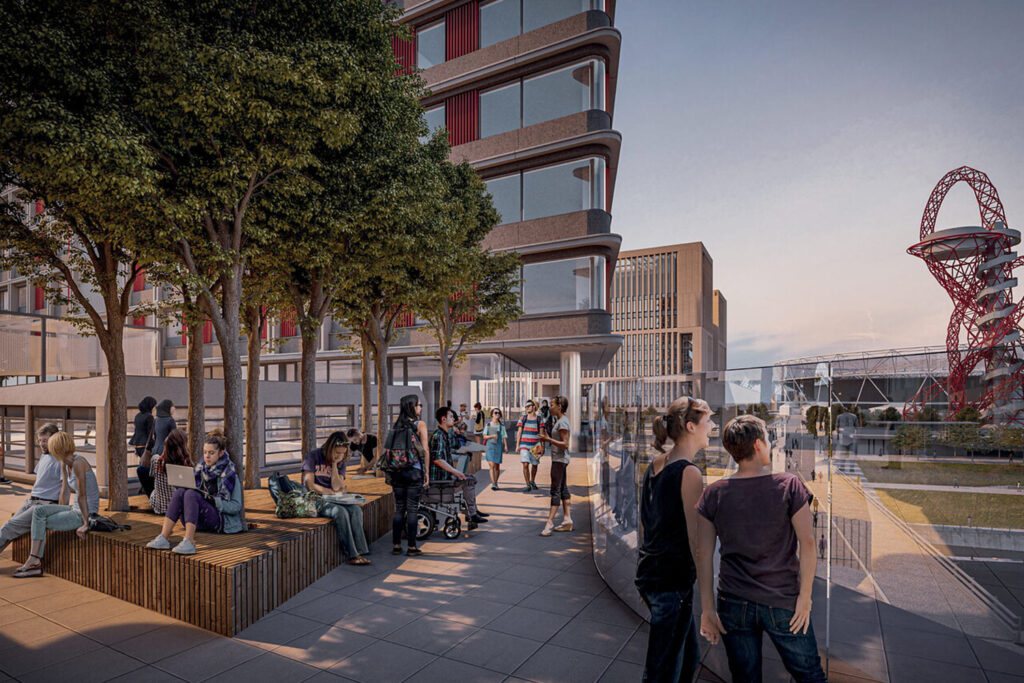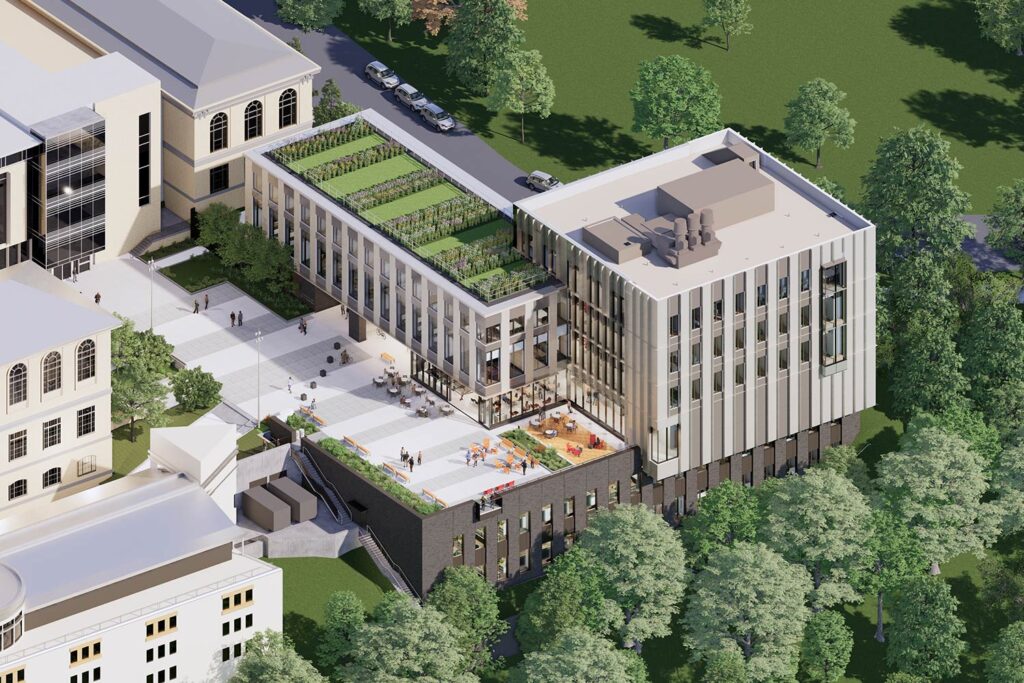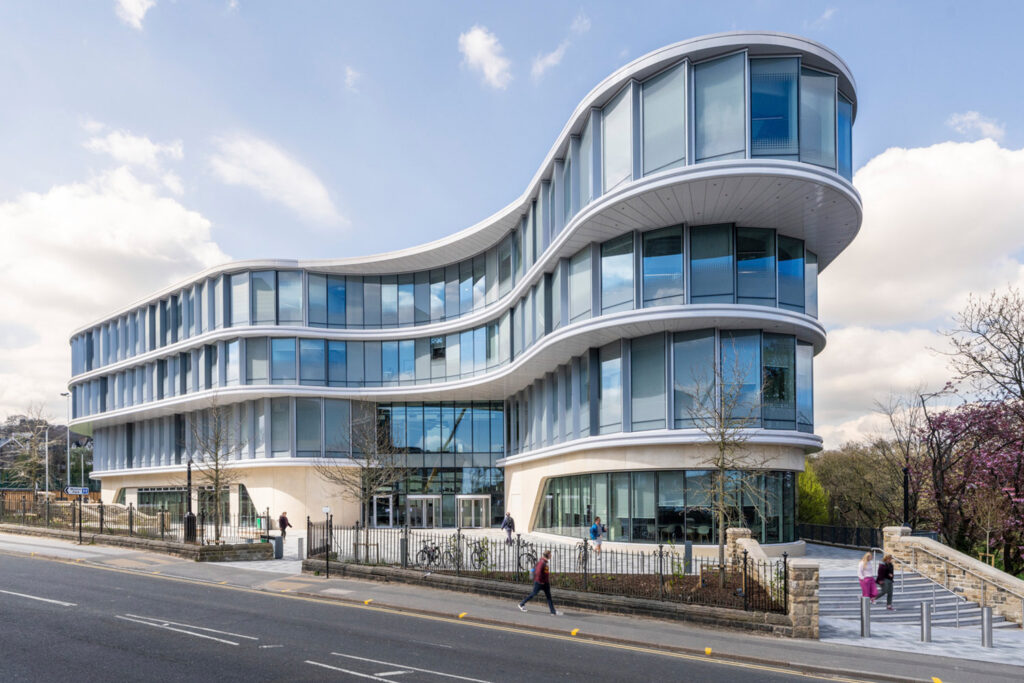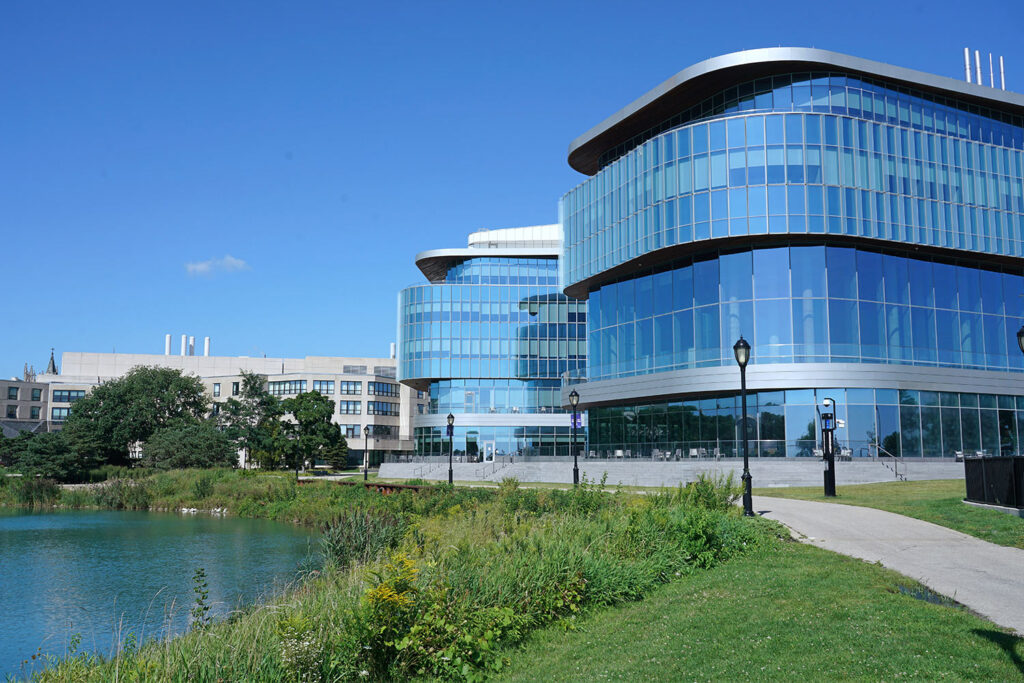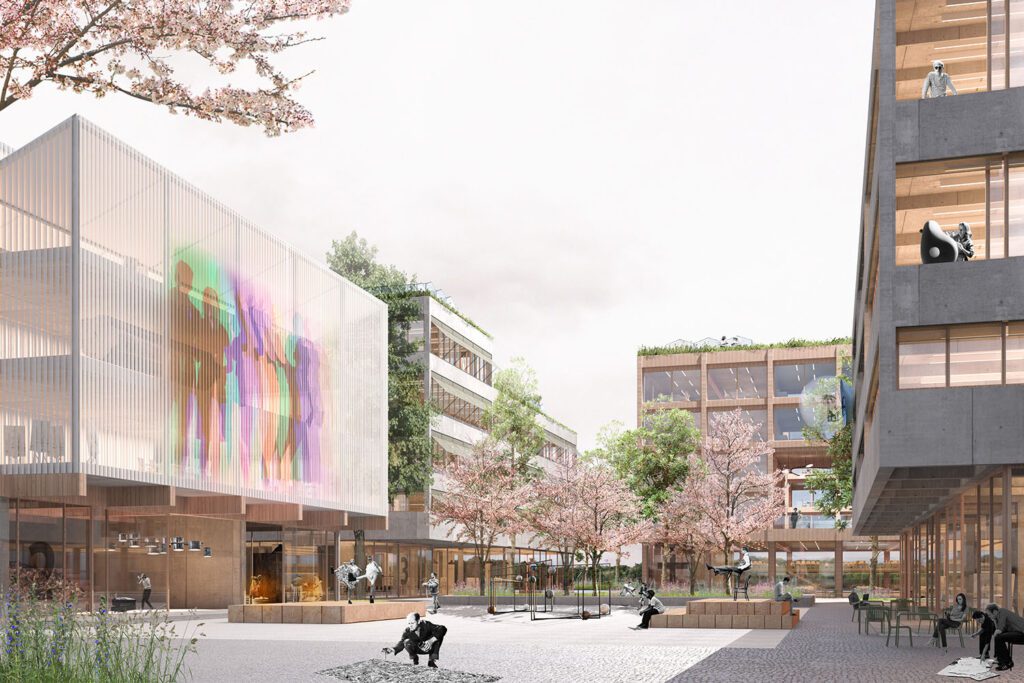
Middlesex University Predictive Campus Twin
London, UK
Project details
Client
Middlesex University
Duration
2021-2022
Services provided by Buro Happold
Middlesex University, London, is looking to the future – their focus is on embracing technology in a sustainable environment as a major enabler in modernising the way they work.
The effort includes exploring opportunities around BIM technologies, campus information management and personalised services. Their aim is to fully digitise their estate, making their assets and daily campus and users’ operations more efficient and sustainable, but furthermore achieve the ability to predict future problems and trends.
The University engaged experts from Buro Happold to help it to define its vision for a digitally connected future and to scope-out how smart technologies could be most impactful for campus daily life and estate operations in Hendon.
Challenge
The University shared with our experts its broad vision to create a “digital campus twin”, but was keen that this should be shaped by listening to the ideas and needs of its own staff.
Benefitting from our experience of complex multi-stakeholder liaison, we brought together around 60 members of the University’s academic and professional services staff, to build a vision for the most effective shape a digital campus twin could take.
A “mind map” was initially produced, which scoped out the potential ways emerging digital technologies could be incorporated into the daily life of the campus. This was then tailored into the University’s institutional vision. It concentrated on how technology could support the provision of the estate, its operational services and delivery of its infrastructure project portfolio. It also focused on how it could provide learning opportunities for students by them getting involved the research as well as project delivery.

Solution
Buro Happold was engaged to help the University understand what was most important to its various stakeholders, what was achievable within a predictive campus twin framework, how technology was being deployed elsewhere within both academic and corporate settings and to establish what would be the challenges and obstacles to incorporating digital technologies into the University’s daily life.
We worked with stakeholders across the University in a series of workshops, to help them understand the possibilities and to shape a brief for a future predictive campus twin and the sorts of technologies and capabilities it would deliver for its student population and its professional services staff.
The workshops provided an opportunity to demystify the different kinds of technologies that might be relevant and to outline the potentials for 21st century information management solutions. We explored concepts such as Digital Twins and BIM, people-flow analytics and building-use analysis software. We then explored how digital solutions offered tools that could help to deliver benefits to meet the needs of the institution.
We surveyed the stakeholders on their ambitions for how technology could best be used. The result revealed a clear objective across the organisation for technology to be used to improve the day-to-day student experience and to build engagement with the student community. There was a desire for improved student systems, easier access to information for students and better integration at a campus level so students could access systems more effectively via digital methods.

Value
Being able to record and interrogate data on campus life, and to use the insights provided to continually improve the student experience is at the heart of the University’s vision for a “predictive campus twin”.
Buro Happold brought both its deep knowledge of the potential for the integration of digital technologies at a campus scale, and its capacity to bring together and learn from multi-stakeholder groups to further develop the vision. This approach creates a virtuous feedback loop that will help shape the ongoing ambitions of the project as it evolves, to help the University to continue to review trends, and to provide students with a more tailored and structured offer from campus facilities.
We collated the proposed initiatives and ranked their importance based on stakeholder feedback. Informed by this we will pull together, in collaboration with the University, an indicative route map for the University’s digital journey in the coming years.





